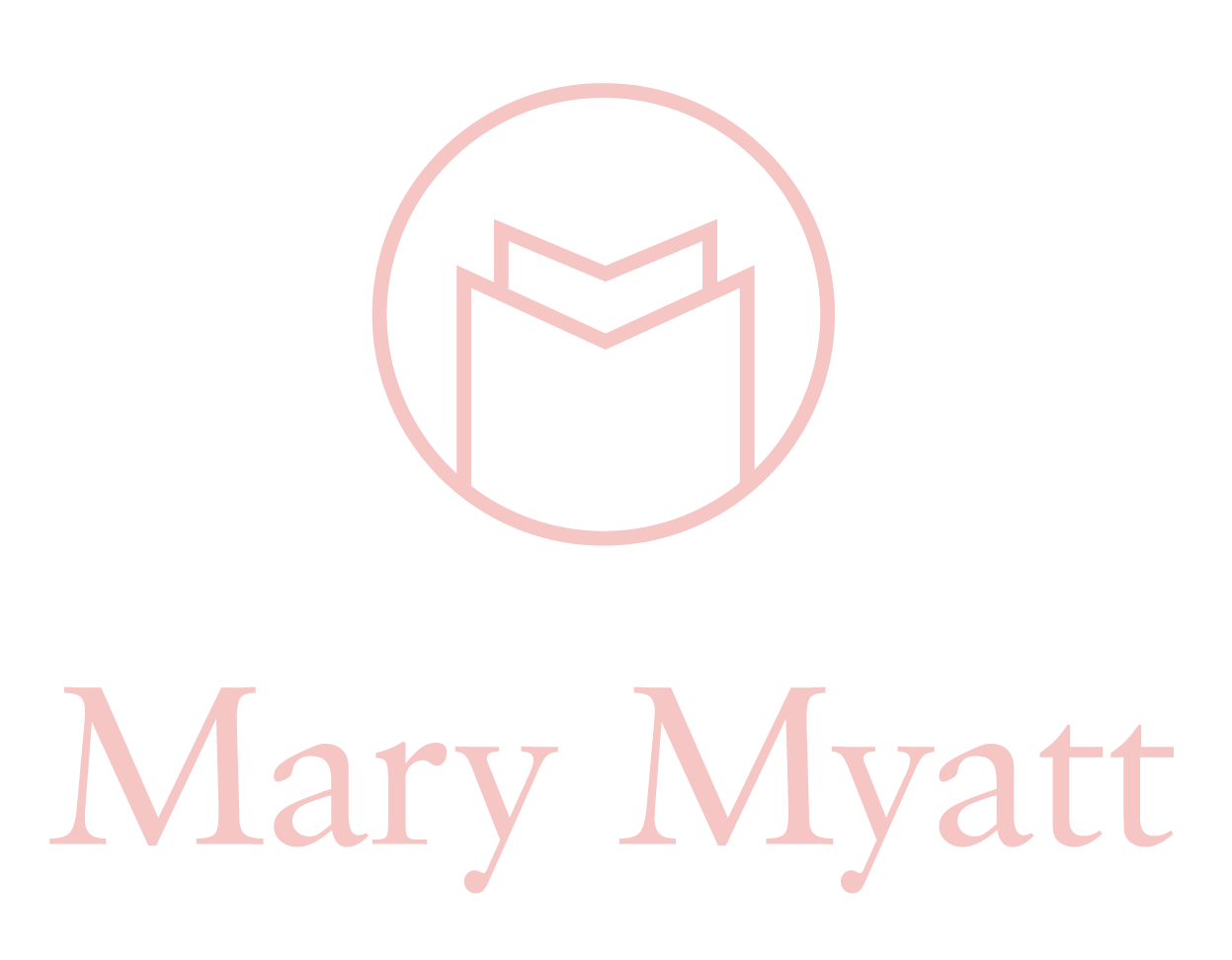
History
About
As with the other national curriculum subjects there are four strands to support high quality subject knowledge:
National curriculum importance statements
Authentic sources
Subject associations
Twitter communities
To help us get our bearings, it is worth quoting the purpose of history from the national curriculum programme of study: ‘a high-quality history education will help pupils gain a coherent knowledge and understanding of Britain’s past and that of the wider world. It should inspire pupils’ curiosity to know more about the past. Teaching should equip pupils to ask perceptive questions, think critically, weigh evidence, sift arguments, and develop perspective and judgement. History helps pupils to understand the complexity of people’s lives, the process of change, the diversity of societies and relationships between different groups, as well as their own identity and the challenges of their time’.
The national curriculum for history aims to ensure that all pupils: ‘know and understand the history of these islands as a coherent, chronological narrative, from the earliest times to the present day: how people’s lives have shaped this nation and how Britain has influenced and been influenced by the wider world; know and understand significant aspects of the history of the wider world: the nature of ancient civilisations; the expansion and dissolution of empires; characteristic features of past non-European societies; achievements and follies of mankind; gain and deploy a historically grounded understanding of abstract terms such as ‘empire’, ‘civilisation’, ‘parliament’ and ‘peasantry’; understand historical concepts such as continuity and change, cause and consequence, similarity, difference and significance, and use them to make connections, draw contrasts, analyse trends, frame historically valid questions and create their own structured accounts, including written narratives and analyses; understand the methods of historical enquiry, including how evidence is used rigorously to make historical claims, and discern how and why contrasting arguments and interpretations of the past have been constructed; gain historical perspective by placing their growing knowledge into different contexts: understanding the connections between local, regional, national and international history; between cultural, economic, military, political, religious and social history; and between short- and long-term timescales.’
Once the importance statements have been revisited, it is helpful for subject leaders and coordinators to discuss and agree with colleagues, the reason why their subject, in this case history, is important for the pupils in their school. One way of doing this, is to draw on a quote, in this case from Marcus Garvey, ‘a people without the knowledge of their past history, origin and culture is like a tree without roots’. This kind of prompt allows us to formulate our way of stating the importance of the subject. We might agree or disagree with such a statement and in doing so come to a form of words which expresses our view of the importance of this subject, in this school. This moves us away from the territory of ‘we teach this subject because of the SATS or GCSEs’. While the external tests and exams are important, they are not the totality of the subject.
Professional Communities
Subject associations are important because at the heart of their work is curriculum thinking, development and resources. The subject association for history is the Historical Association and it should be the case that any member of staff with responsibility for a subject should be a member of the relevant subject association, and this should be paid for by the school.
Twitter subject communities are important for the development of subject knowledge, because it is here that there are lively debates about what to teach, how to teach and the kinds of resources that are helpful. For history, it is worth following the Historical Association’s Twitter and the hashtags #historyteacher #curricularium
Myatt & Co Films
Click on the button below to take you to films on History on the Myatt & Co website
